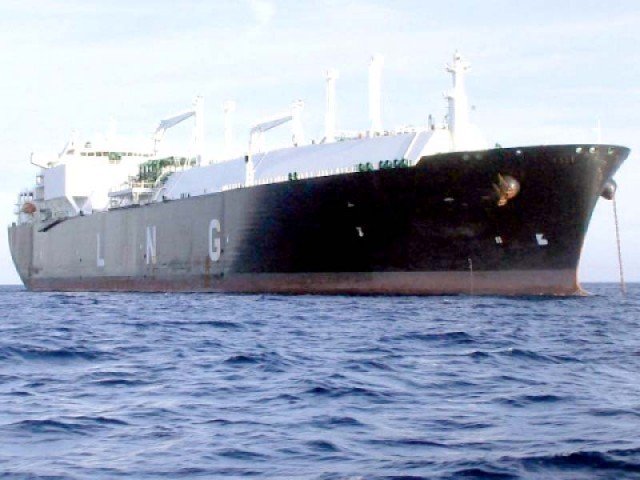
In a recent interview with the state television, the minister said there were reservoirs of petroleum products, but the country had no LNG storage facility, which was beyond comprehension.
“It (LNG) comes straightway from vessels, is offloaded at a terminal and injected into transmission lines directly for onward supply to the consumers. Sometimes, it can be in surplus or otherwise. There must be LNG stock,” he said.
Sarwar said Saudi Arabia, which was expected to sign a memorandum of understanding (MoU) with Pakistan next month for establishing a mega oil city in Gwadar, had also offered assistance for building the LNG reservoirs.
Besides, Saudi Arabia was keen to work in diverse fields, including mineral, fertiliser, wind and solar energy, he added.
Responding to a question, the minister said it was the Pakistan Tehreek-i-Insaf (PTI) government that made the petroleum sector part of the China-Pakistan Economic Corridor (CPEC), following which a mega oil city, consisting of oil refineries and a petrochemical complex, was being set up in Gwadar.
After the establishment of the oil city, he said, Pakistan would be able to refine and store imported oil for onward transportation to China using CPEC route, besides developing a fuel supply chain for the landlocked Central Asian states.
At present, oil vessels take 40 days to reach China through the western route, while through Pakistan the oil supply will arrive in China within seven days.
Published in The Express Tribune, January 18th, 2019.
Like Business on Facebook, follow @TribuneBiz on Twitter to stay informed and join in the conversation.

1725030039-0/Untitled-design-(2)1725030039-0-165x106.webp)
1725366721-0/kyle-(1)1725366721-0-165x106.webp)
1731410017-0/BeFunky-collage-(45)1731410017-0-165x106.webp)


1732084432-0/Untitled-design-(63)1732084432-0-270x192.webp)










COMMENTS
Comments are moderated and generally will be posted if they are on-topic and not abusive.
For more information, please see our Comments FAQ